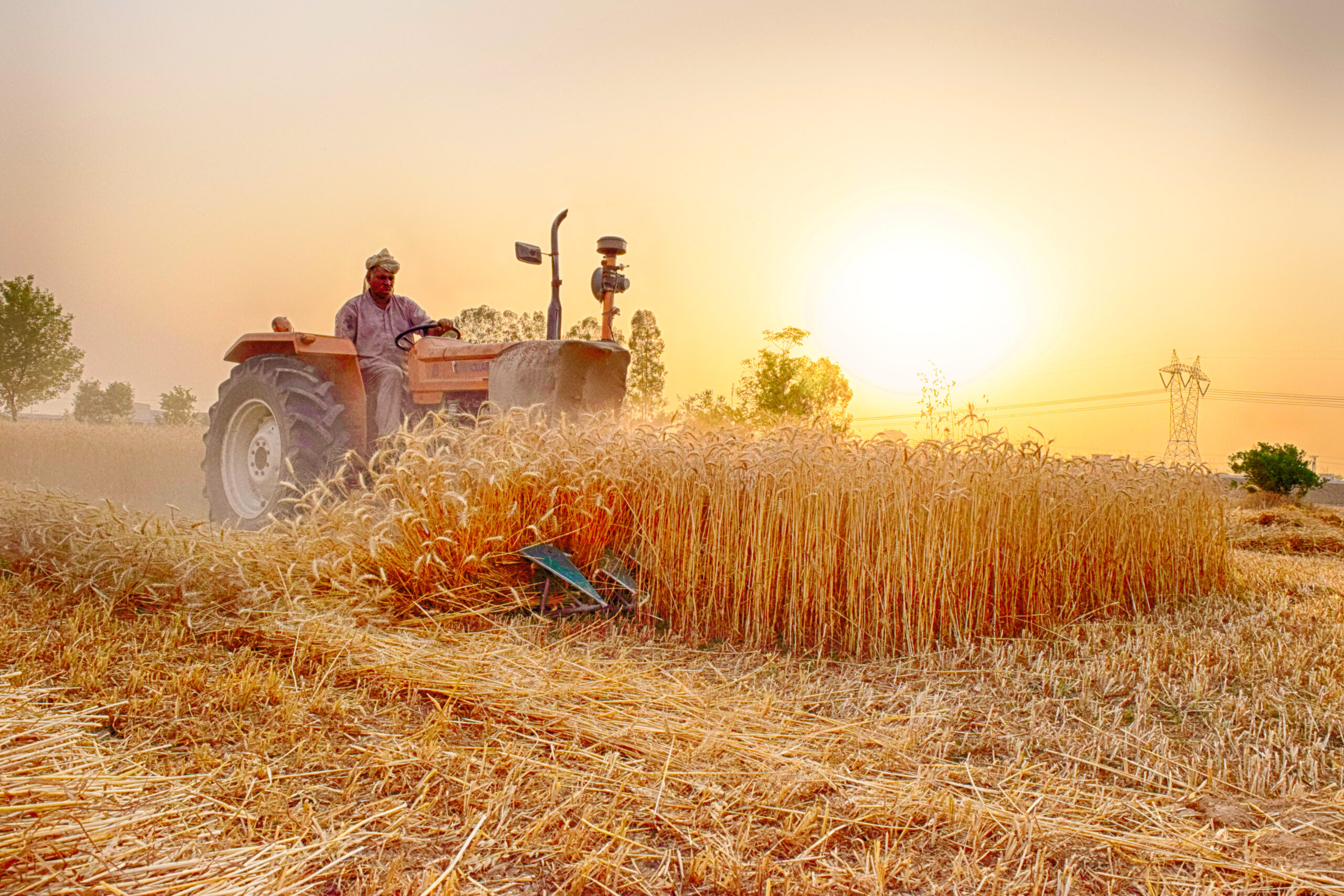Any Hope for Poor Nations?
Donald Trump has vowed to close the US border to emigrants fleeing poor countries. He is also promising tariffs on goods manufactured abroad which will include many from poor nations. Seeking to follow the development of Taiwan, South Korea, Mexico, and Brazil, poor nations have sought to make goods for export. Such exports would bring jobs and income. Now, however, that door is closing fast.
Unemployment among young people in poor nations is exploding. Drugs and gangs or militia may be the only path for income and security. The debts of poor nations are over a trillion dollars and soon other nations like Ghana will simply refuse to pay them off. The promises of globalization were often overblown; now they are almost unbelievable. Nations like Burkina Faso, Chad, and Niger have given up on democracy and their ties to democratic counties. They had received no real help from democratic countries for their growing problems.
Is the decline of globalization actually a reason for hope in struggling countries? Significant help is not coming from rich countries. Now poor nations will need to set their own priorities to take care of their own people. They will need to feed themselves. Money that has been used to pay off debt will need to be put into agriculture for food production and employment. Water is crucial. Health care is critical, and medical schools need to follow the example of Cuba with free education producing lots of doctors. Young people need to be put to work building the housing they will need to live in.
Where will the money come from? First, it needs to come from the sale of raw materials that will still be needed by rich nations. However, poor nations need to follow the pattern of China and Saudi Arabia and have local ownership, at least 51 percent to the companies exporting coltan, copper, oil, and rare earth minerals. Secondly it needs to come from the wealthy people in those nations, who must invest in their own nation rather than investing abroad. All of this will depend on challenging the corruption that has come from foreign companies paying politicians for sweet deals exploiting the nation’s resources for their own profits rather than for the good of the nation.
On a political level, what might happen if Christians, Muslims, Hindus, and others could come together to press for change which could help their nation? Christians have the words of Jesus talking about the punishments of the rich and help for the poor. Muslims advocate the paying of the Zakat, two and one-half percent of one’s wealth for those in need. While Christian churches are getting weaker in the rich nations, they are burgeoning in poor nations. Their numbers really matter when it comes to advocating social and political reform.
